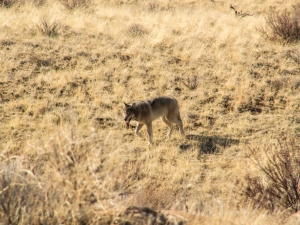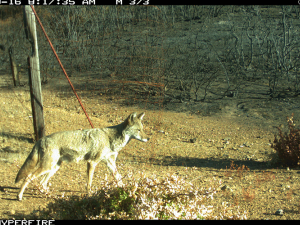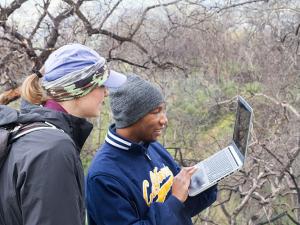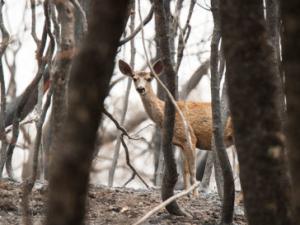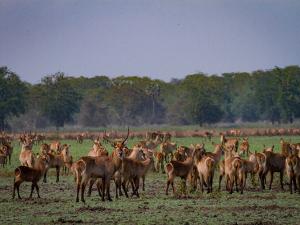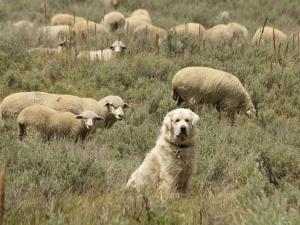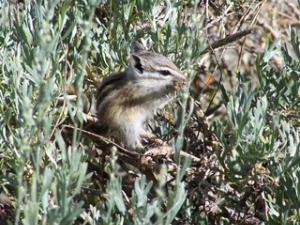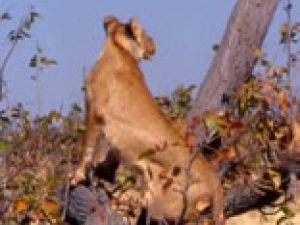

Research Bio
Justin Brashares' research in the Department of Environmental Science, Policy and Management at UC Berkeley combines traditional ecology with interdisciplinary science to study how human activities are rapidly changing oceans, forests and savannas, and to highlight and communicate the everyday consequences of these changes for nature and society. Through these efforts, their work combines biodiversity conservation with economics, anthropology, public health, nutrition, environmental justice and journalism.
Research Expertise and Interest
wildlife, biodiversity, ecology, conservation, sustainability, climate change, human livelihoods
In the News
What We Really Need in the Fight Against Extinction
How Urbanization Shapes Coyote Behavior and Connectivity in LA
Hidden Cameras Spot Wildlife Returning Home After 2018 Megafire
New UC Berkeley Center Will Apply Data Science to Solving Environmental Challenges
After California’s 3rd-Largest Wildfire, Deer Returned Home While Trees Were ‘Still Smoldering’
Camera traps document wildlife’s return to Gorongosa National Park
Researchers receive grants from Bureau of Cannabis Control
Saving livestock by thinking like a predator
Ecological winners and losers of California’s drought
Connecting the dots between declining wildlife and human misery
Yosemite’s alpine chipmunks take genetic hit from climate change
Global warming has forced alpine chipmunks in Yosemite to higher ground, prompting a startling decline in the species’ genetic diversity, according to a new study by researchers at Cal.
How to feed a starving world? A new center at Berkeley seeks solutions
How to feed a fast-growing world where 900 million people are undernourished? Claire Kremen, a conservation biologist, sees traditional, sustainable practices as the solution. She and a group of Berkeley colleagues are establishing a new Berkeley Center for Diversified Farming Systems to find ways to scale up agroecological practices around the globe. A special report from the College of Natural Resources.
Ecosystems take hard hit from loss of top predators
A new paper reviewing the impact of the loss of large predators and herbivores high in the food chain confirms that their decline has had cascading effects in marine, terrestrial and freshwater ecosystems throughout the world. The study, co-authored by UC Berkeley researchers, highlights the impact “apex consumers” have on the dynamics of fire, disease, vegetation growth, and soil and water quality.

